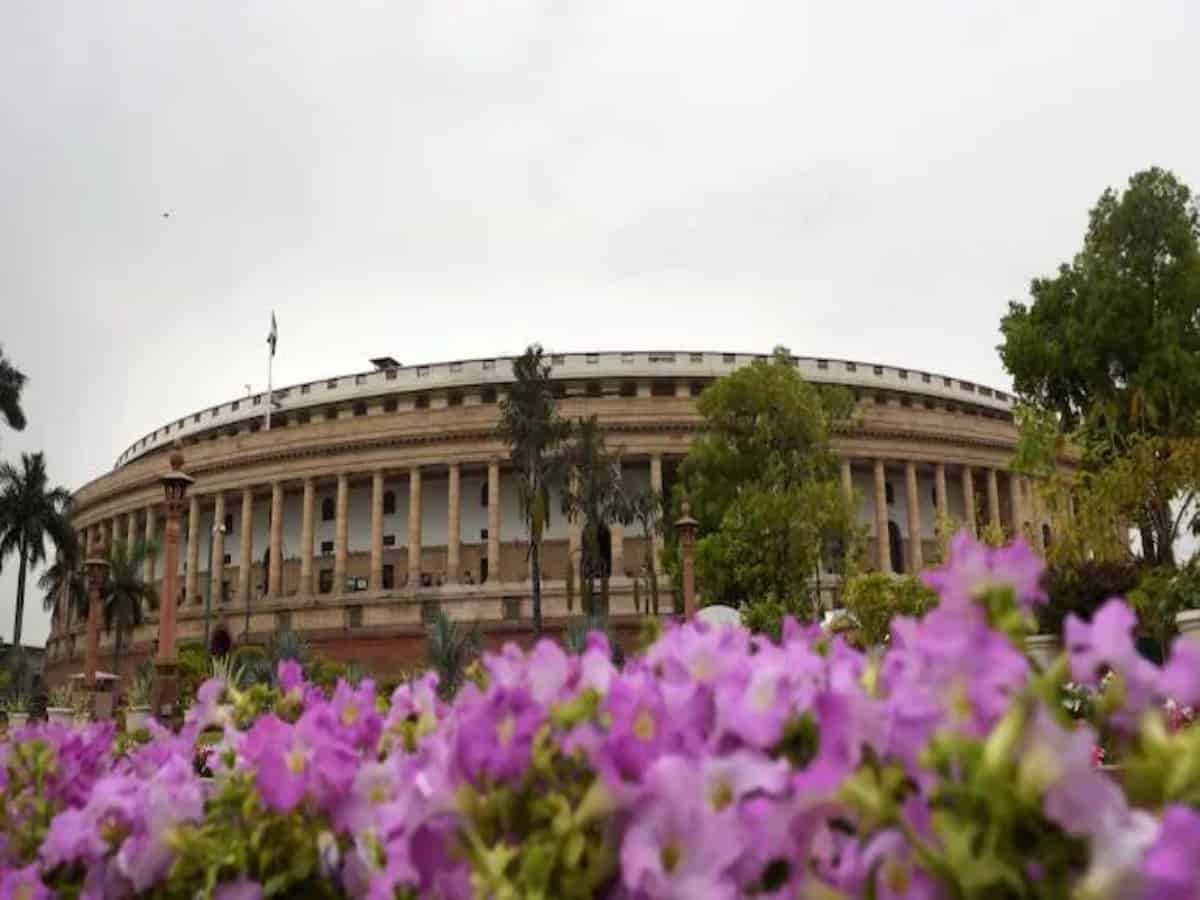
New Delhi: Union Minister Raj Kumar Singh is to move the Energy Conservation (Amendment) Bill, 2022 in the Rajya Sabha on Monday to amend the Energy Conservation Act, 2001 to empower the central government to specify a carbon credit trading scheme.
The Lok Sabha has already passed the Bill in August to amend the Energy Conservation Act, 2001. The Energy Conservation Act, 2001 was also amended in 2010 to address various new factors which emerged with the development of the energy market over a period of time and to provide for more efficient and effective use of energy and its conservation.
The Energy Conservation (Amendment) Bill, 2022 “seeks to mandate use of non-fossil sources, including Green Hydrogen, Green Ammonia, Biomass and Ethanol for energy and feedstock” and establish Carbon Markets.
It seeks to bring large residential buildings within the fold of the Energy Conservation regime, enhance the scope of the Energy Conservation Building Code and amend penalty provisions.
The bill also seeks to increase members in the Governing Council of the Bureau of Energy Efficiency and empower the State Electricity Regulatory Commissions to make regulations for smooth discharge of its functions.
As per this Bill draft, designated consumers may be required to meet a proportion of their energy needs from non-fossil sources. The Energy Conservation Code for buildings will also apply to office and residential buildings with a connected load of 100 kilowatt or above. Energy consumption standards may be specified for vehicles and ships.
Carbon credit trading aims to reduce carbon emissions, and hence, address climate change. The question is whether the Ministry of Power is the appropriate Ministry to regulate this scheme. A further question is whether the market regulator for carbon credit trading should be specified in the Act.
Same activity may be eligible for renewable energy, energy savings, and carbon credit certificates. The Bill does not specify whether these certificates will be interchangeable.
Designated consumers must meet certain non-fossil energy use obligations. Given the limited competition among discoms in any area, consumers may not have a choice in the energy mix.
The Bill, which was introduced in the Rajya Sabha last Thursday, seeks to amend the Energy Conservation Act, 2001, which provides a framework for regulating energy consumption and promoting energy efficiency and energy conservation. Energy efficiency means using less energy to perform the same task. The Act has set up the Bureau of Energy Efficiency to recommend regulations and standards for energy consumption.
These apply to appliances, vehicles, industrial and commercial establishments and buildings. Efforts towards energy conservation and efficiency gains are among the key instruments envisaged for climate change mitigation. Efforts on these fronts lower the energy generation requirement, and thereby reduce greenhouse gas emissions.
These also have positive implications for energy security in a country like India, which relies on imports to meet some of its energy needs.
